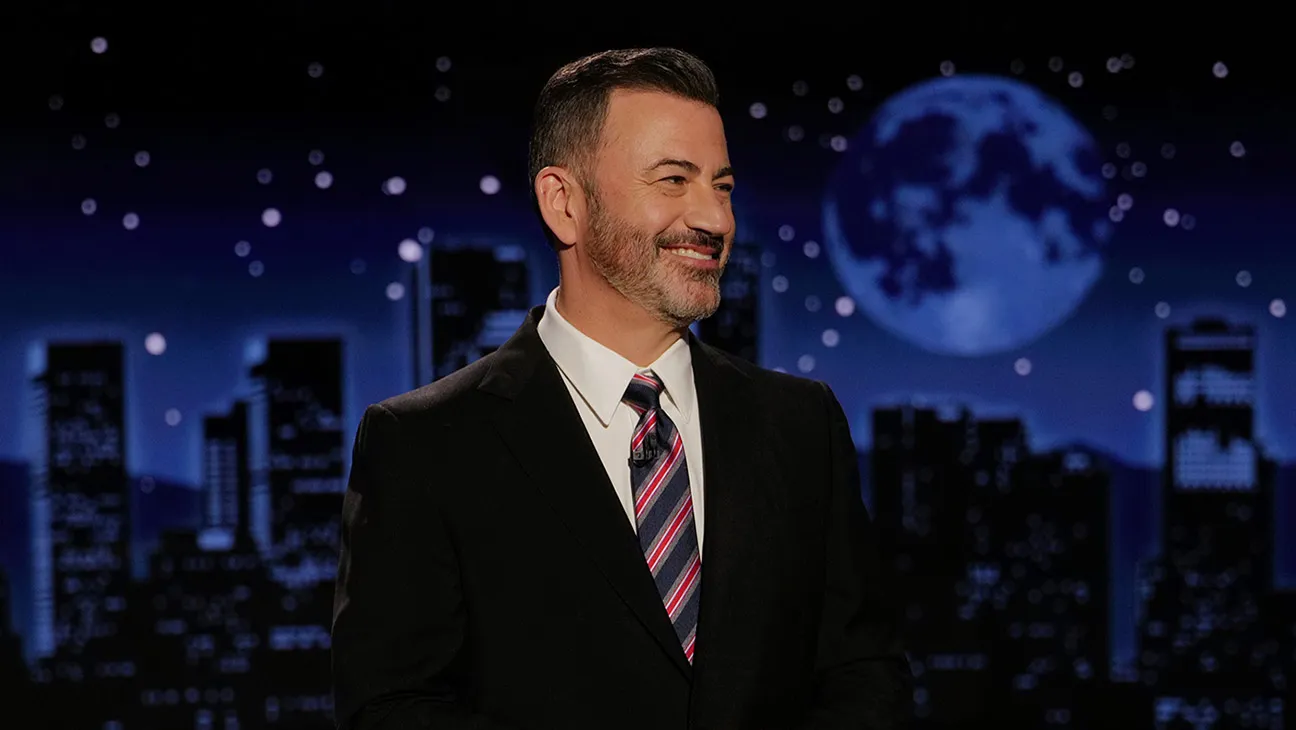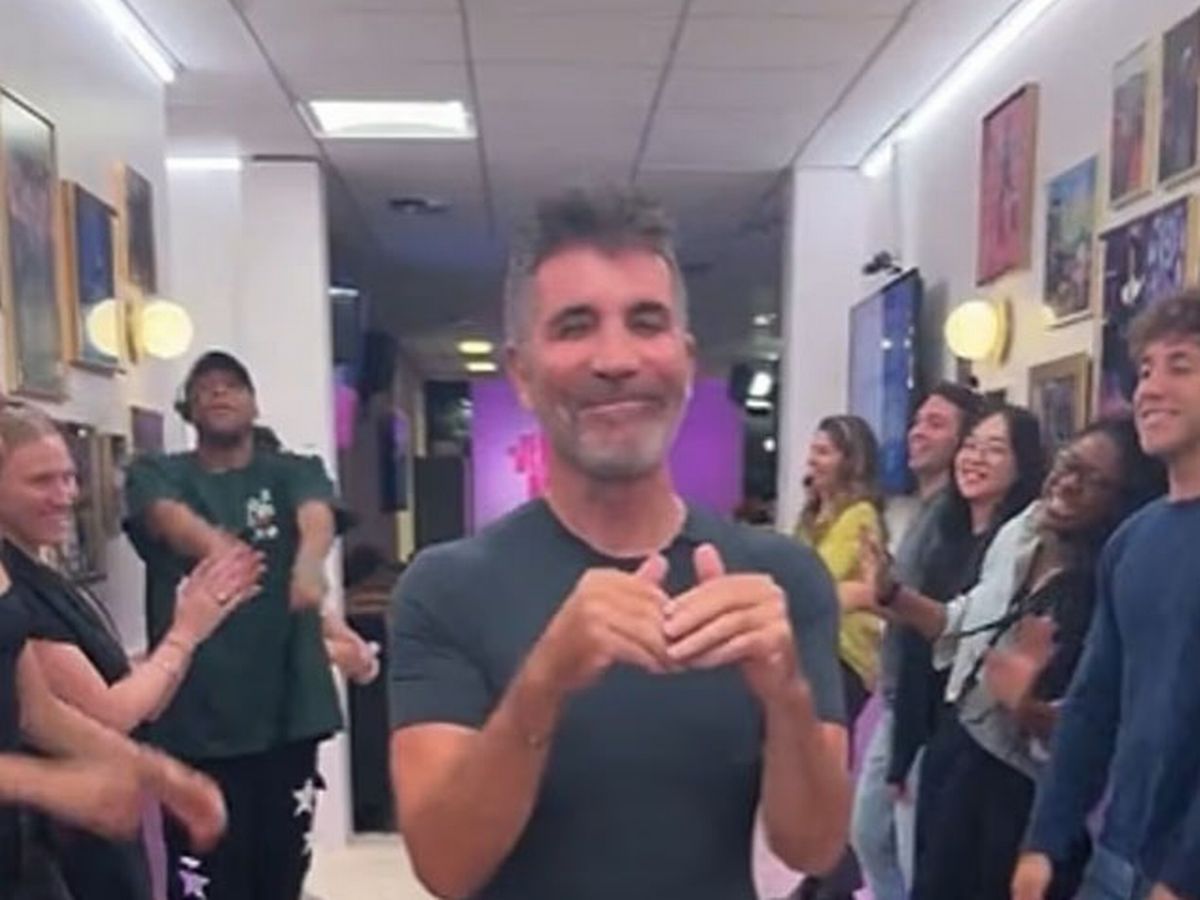
Disney‘s Jimmy Kimmel affair may be over for now, but the company may have to grapple with the repercussions for some time: To what extent did the Kimmel suspension impact what has become the company’s key growth driver, Disney+?
While much of the talk about Kimmel has focused on the role of the FCC and local station owners like Sinclair and Nexstar in the decision, there was also a concerted (and very public!) pressure campaign to get consumers to cancel their subscriptions to Disney+. Even Howard Stern weighed in, saying that he would forgo his Frozen and Encanto fix until Kimmel returned.
So, did the campaign work? There are signs it might have played a role … but don’t be surprised if we never know for sure. On Tuesday, Bank of America analyst Jessica Reif Ehrlich wrote that she suspects there “may be a modest impact” on subscriptions, but not only will it be hard to know how impactful the Kimmel element is, it may remain hidden from view.
While the Kimmel suspension and a surprise Disney+ price hike all happened in September (that’s Disney’s fiscal Q4), Reif-Ehrlich notes that the tricky timing of streaming billing cycles means that people that canceled in late September might not actually be reflected in subscriber counts until October, which would be Disney’s fiscal Q1.
And last month, Disney said that it would stop breaking out Disney+ subscriber numbers … beginning in its fiscal Q1 quarter.
“We believe quarterly updates on the number of paid subscribers and ARPU have become less meaningful to evaluating the performance of our businesses,” Disney CEO Bob Iger and CFO Hugh Johnston told investors. “While we will no longer disclose subscribers and ARPU, we will provide information on Entertainment Direct-to-Consumer profitability.”
And, as Reif-Ehrlich notes, the price hike effective in October means that the profitability is sure to rise, even if the company’s subscriber numbers take a hit. The company has previously projected a “modest increase” to Disney+ subscribers, with total Disney+ and Hulu subscribers expected to rise by about 10 million, owing mostly to a commercial deal with Charter for Hulu.
Kimmel could end up being the difference between a modest increase an a flat quarter, particularly if the independent journalist Marisa Kabas is correct that the company saw about 1.7 million Disney+ cancelations during that window (though it isn’t clear how many can be attributed to Kimmel versus the price increase).
The challenge for a company that is repositioning itself from the wholesale era of pay-TV to the direct-to-consumer era of today is that the direct relationship with consumers is a two way street. You get data and a relationship, sure, but you are also more exposed to their whims, frustrations and anger. If your user experience isn’t up to snuff, or if your content becomes a hot potato, those subscribers can exit as quickly as they joined (or in many cases much faster, as The Washington Post learned recently).
It almost makes Needham analyst Laura Martin’s suggestion that Disney “should shut down ABC” to free itself of regulatory burdens sound downright appealing.
“Tactically, we recommend DIS launch simulcasts of all ABC broadcast content on Hulu (in addition to its ABC app), so DIS’s viewers can always watch DIS’s content on an unregulated platform, in order to preserve revenue,” Martin wrote.
Would that get the FCC off of Disney’s back? Maybe. Would it solves the sticky new problem of appealing to a wide swath of America through streaming subscriptions without alienating any individual group?



